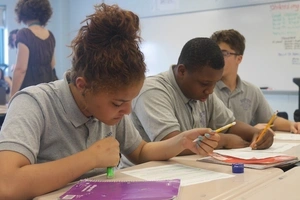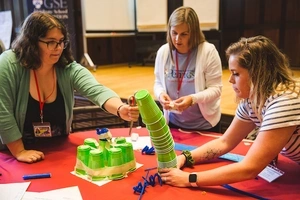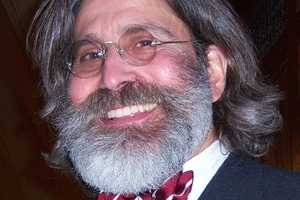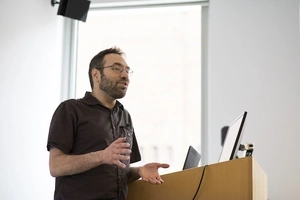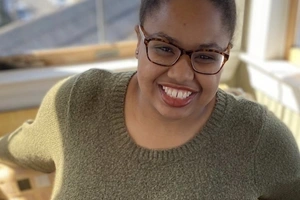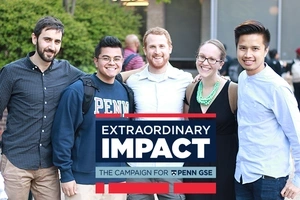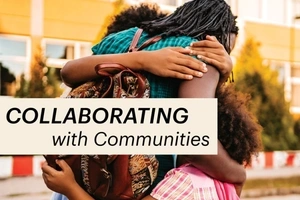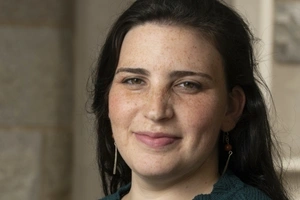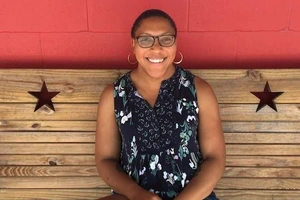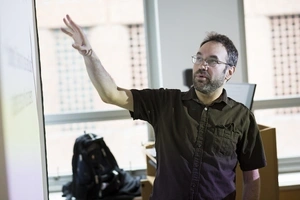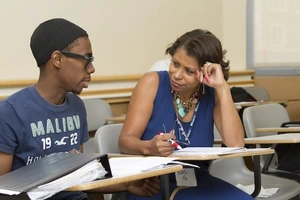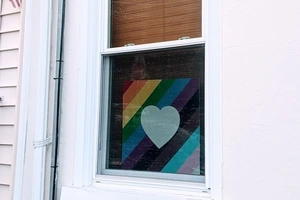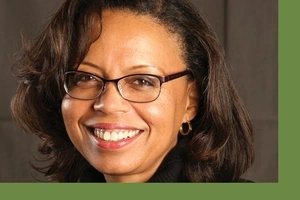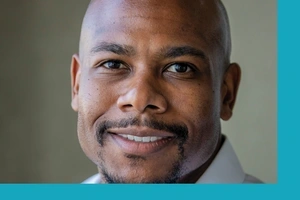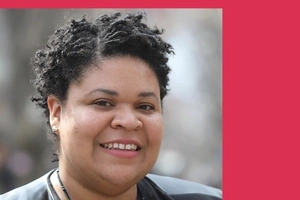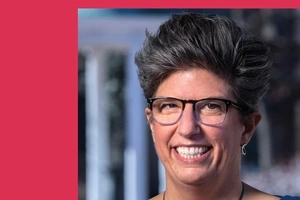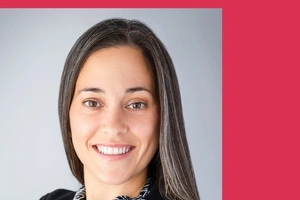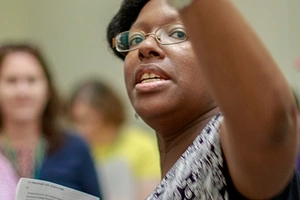-

Trina and Tina Fletcher are 35 year old twins, originally from a rural town in Arkansas with just 850 people. They are also highly successful African American women who, from an early age, had their eyes set on earning a Ph.D. and changing the world around them. Trina is currently an assistant professor of Engineering and Computing Education at Florida International University, and Tina is a Ph.D. candidate in educational policy at the University of Pennsylvania.
-

Amalia Daché spoke with Politico about the uprisings in Cuba with respect to Afro-Cubans who are disproportionately affected by the hardships in Cuba and are taking the lead in the protests. “This is one of the reasons I’ve been so active, related to my research and my own identity as an Afro-Cuban, is that Afro-Cubans have been leading this from the beginning.”
-

Howard Stevenson offered tips for how parents can address racist or insensitive comments made by children. “Get a sense of what they understand it to mean from their perspective,” he said. “Where did they hear it from? How is it being used in the social context they’re in? Then you have a better angle to how you can speak to it.”
-
 Topics
TopicsRyan Baker spoke about his new report identifying areas of improvement for ed tech developers. “The number of educators who are fully satisfied with technology solutions is pretty low. They are looking for better ways to save time and effort for auto grading and looking for richer activities,” he said.
-
 Topics
TopicsAnnie McKee recommended people consider their motivations and needs before quitting a job. “So, it’s really not a question of, ‘Can you be happy when you quit your job?’ You definitely can,” she said. “Rather it’s more of a question of: What are you leaving? What do you no longer want in your work life? And more importantly, what do you want?”
-
 Topics
TopicsSigal Ben-Porath spoke about the importance of guaranteeing free speech for young people. “You ought to be able to practice this, you ought to be able to make mistakes, correct them, try out ideas—even outrageous ones, even profane ones,” she said. “We have to support young people in developing their voice, and we’re not very good at doing that right now.”
